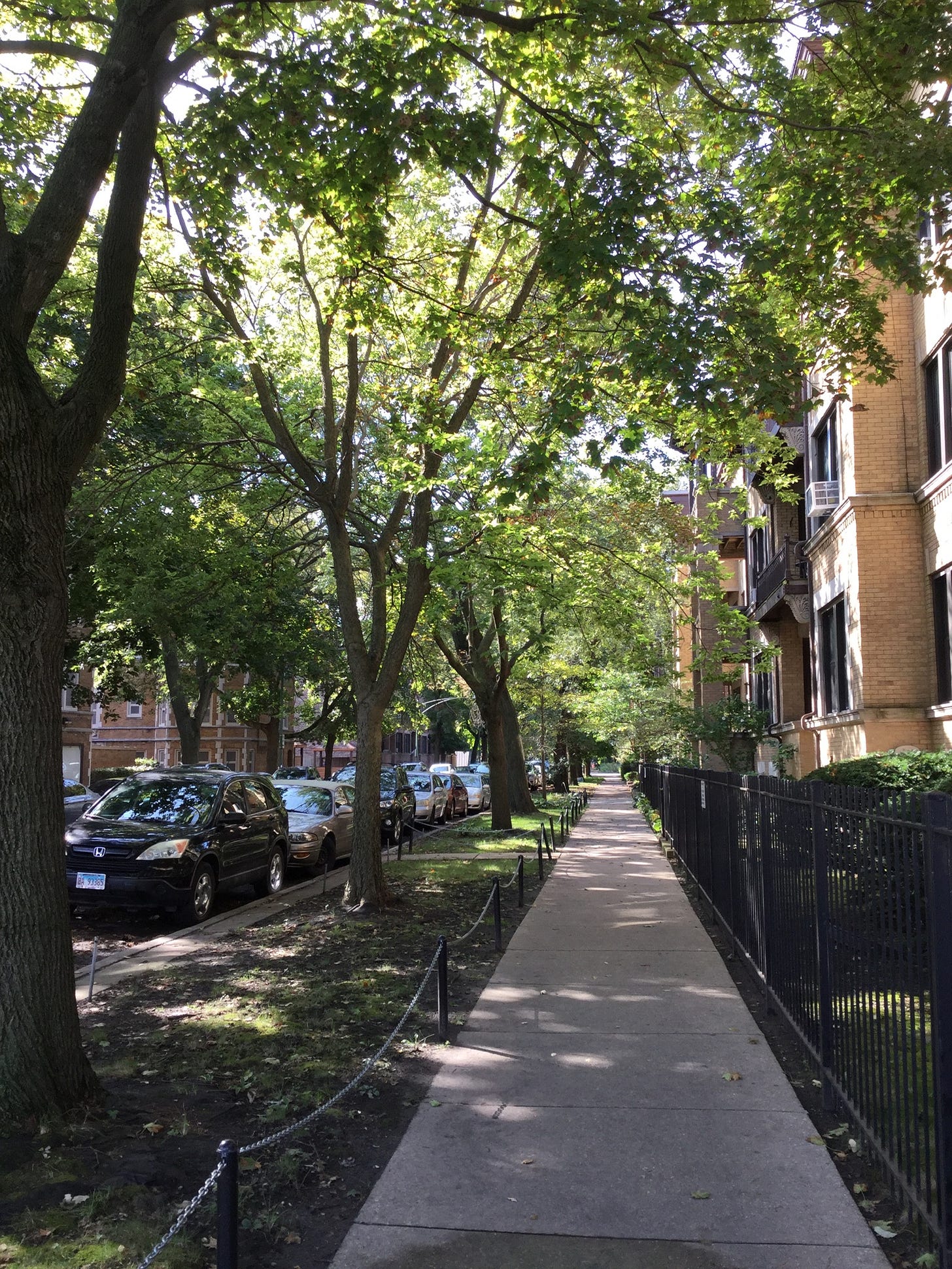"A good traveler has no fixed plan, and is not intent on arriving." — Lao Tzu
In the heart of my nomadic soul lies a quest, not just for a place to call home, but for an understanding of what home truly means. This quest has taken me through a mosaic of American landscapes — the bustling streets of Chicago; the serene shores of Lake Tahoe; the quaint town of Lake Geneva, Wisconsin; the vibrant cityscape of San Diego, and many more.
Each locale, from my dream town of Evanston, Illinois on the North Shore of Chicago to the majestic vistas of Salt Lake City offers its own unique allure. Yet now that I am 60, the perfect fit remained as elusive as a mirage.
For the good part of 12 years since my divorce January 1, 2012, my life has transformed into the quintessential nomadic odyssey, a journey that in many ways reflects the ancient wisdom of two books I revere, the Tao Te Ching and the I Ching.
First there’s the Tao Te Ching, an enduring Chinese classic which speaks of the Tao, or the Way, as a path of harmony and balance. It teaches that true understanding of the existential journey comes from embracing the natural flow of life.
In my further wanderings to places like Portsmouth, New Hampshire, Palo Alto, California, and Austin, Texas, Tao's teachings have echoed in my heart. Through these meanderings what I’ve discovered is that perhaps the search for a geographic home was less about the destination and more about the journey.
These cities and towns were not just potential places to settle down and reside; they were teachers, each imparting poignant lessons about life and about myself.
Similarly, the I Ching, or Book of Changes, offers profound insights for those seeking an understanding of everyday lived experiences. This ancient divination text teaches the art of understanding change, the only constant in life.
In my travels, change was a constant companion. From the snowy winters of Chicago to the neon lights of Las Vegas, each transition was a chapter in my book of life. The I-Ching encouraged me to embrace these changes, to see them as opportunities for growth and self-discovery.
The teachings of both Tao Te Ching and I Ching converge on an important realization: the dilemma of finding a physical home may not be a dilemma at all. The concept of “wherever you go, there you are” resonates deeply with the nomadic spirit.
It suggests that home is not a geographic location, but a state of being. Whether it be the bustling streets of Chicago or the tranquil beaches of San Diego, home is where the heart is at peace.
Hyde Park Chicago
In resolving this quest, the wisdom of these ancient texts points towards introspection and mindfulness. They propose that one should look inward to understand what one truly seeks in a home. Is it the sense of community found in Evanston?
The natural beauty of Lake Tahoe? Or the cultural vibrancy of San Diego? Each place offers a different aspect of what one might be searching for. The key is to understand which of these resonates most deeply with one's own nature.
The journey thus becomes not just a physical one, but also a spiritual exploration. Each city, with its unique characteristics, offers a mirror to look into one's soul. This reflection helps in understanding personal desires and fears, joys and sorrows, thus guiding the wanderer closer to their true home.
In essence, the nomadic life is not just about finding a place to settle. It's about understanding oneself and the world. The teachings of the Tao Te Ching and I Ching suggest that the journey itself is home.
Each step, each city, each experience is part of the intricate tapestry of life. They teach that by embracing the journey with an open heart and mind, one finds peace and perhaps, eventually, a place to call home.
Through the profound wisdom of the Tao Te Ching, I’m discovering that finding home is an inward journey. It teaches that true home is not a physical place, but a state of inner peace and harmony.
This ancient text advises us to flow with the natural course of life, to embrace simplicity, and to seek stillness. By doing so, we discover that our truest home lies within ourselves.
It's in the quietude of our inner world where we find solace and understanding. The Tao suggests that by aligning with our inner nature, and by being true to ourselves, we create a sanctuary within, a haven that travels with us wherever we go.
In the end, the nomadic quest for a geographic home is more than a search for a physical space. It's a spiritual journey, guided by the wisdom of the Tao Te Ching and I Ching. These texts teach the importance of embracing change, understanding oneself, and finding harmony in the journey.
Through this light, the quest for home becomes a beautiful journey of self-discovery, where each nomadic step is a step towards understanding the true essence of home.
The Chocolate Taoist is a reader-supported publication. To receive new posts and support my book publishing journey, please consider becoming a member supporter at $6.00/month or $60.00/year.






